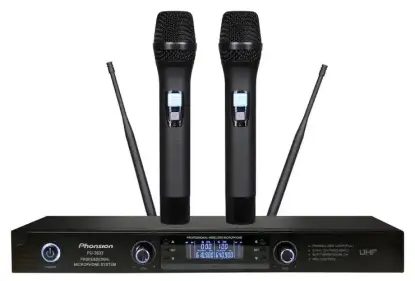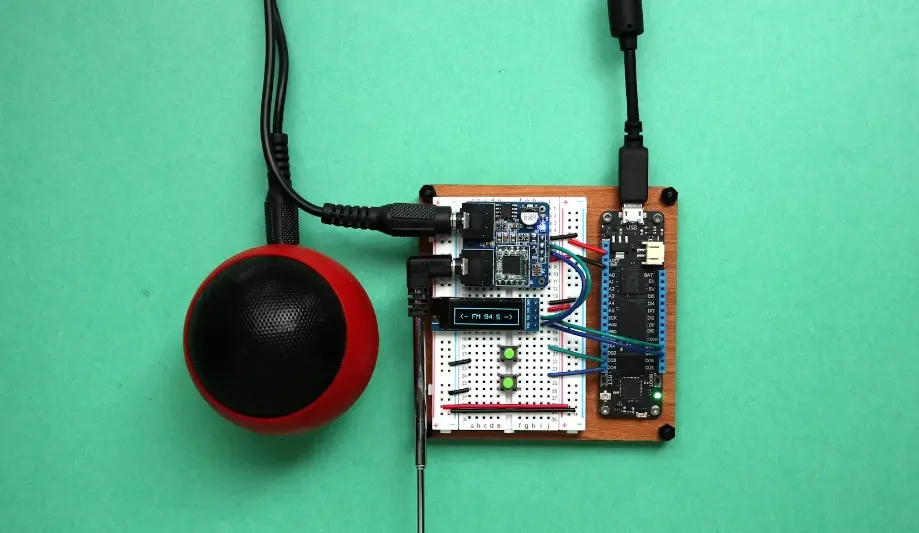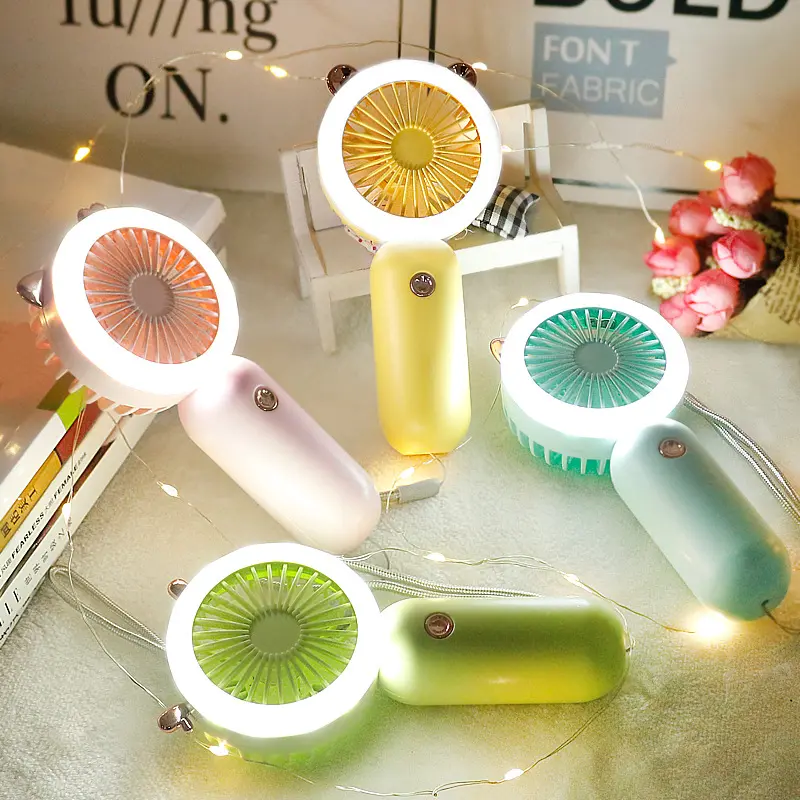
European Toy Safety Testing Laboratory
All toys sold on the European market must comply with the European Toy Safety Directive 2009/48/EC to ensure product safety and suitability for use. Manufacturers, retailers, and importers are responsible for ensuring their products meet the essential safety requirements of Directive 2009/48/EC and conduct relevant tests according to harmonized European toy safety standards to demonstrate compliance.
EN71 Testing
- EN71 Part 1 – Physical and Mechanical Testing
- EN71 Part 2 – Flammability Testing
- EN71 Part 3 – Migration of Toxic Elements Testing
- EN71 Part 4 – Experimental Sets for Chemistry and Related Activities
- EN71 Part 5 – Chemical Toys (Sets) Other Than Experimental Sets
- EN71 Part 7 – Finger Paints
- EN71 Part 8 – Activity Toys for Domestic Use (Swings, Slides, Similar Toys)
- EN71 Part 9 – Organic Chemical Compounds Requirements
- EN71 Part 12 – N-Nitrosamines and N-Nitrosatable Substances
- EN71 Part 13 – Fragrances in Certain Toys
- EN71 Part 14 – Trampolines for Domestic Use
REACH Testing
The EU legislation on the Registration, Evaluation, Authorization, and Restriction of Chemicals (REACH) aims to provide a high level of protection for human health and the environment from the risks posed by chemicals. REACH establishes a mandatory chemical substance registration system, requiring traceability and identification of chemicals contained in products sold on the European market.
Manufacturers, distributors, retailers, and importers of toys and children's products must comply with and manage the risks related to the restricted chemicals listed in REACH Annex XVII. REACH Annex XVII includes a list of certain hazardous substances, mixtures, and articles that are restricted for sale and use on the European market.
REACH Annex XVII Testing
- Azo Dyes and Azo Compounds
- Benzene
- Cadmium
- DMF (Dimethyl Fumarate) (2011/135/EU)
- Lead in Jewelry Products
- Nickel and Its Compounds
- Nonylphenol (NP) and Nonylphenol Ethoxylates (NPE)
- Organotin Compounds (DBT, TBT, TPhT, DOT)
- PAHs (Polycyclic Aromatic Hydrocarbons)
- Phthalate Content in Plasticizers
- SCCP (Short Chain Chlorinated Paraffins)
- Toluene
China JJR Laboratory provides these testing services.
Email:hello@jjrlab.com
Write your message here and send it to us
 Wireless Microphone Export Certification
Wireless Microphone Export Certification
 Audio-Visual Products SNI Certification in Indones
Audio-Visual Products SNI Certification in Indones
 FCC-ID: Still Needed if Module is Certified?
FCC-ID: Still Needed if Module is Certified?
 FCC Certification Fees for Handheld Fans
FCC Certification Fees for Handheld Fans
 FCC Certification Testing for Smart Lighting Produ
FCC Certification Testing for Smart Lighting Produ
 What is the ETSI EN 303 645 Testing Standard?
What is the ETSI EN 303 645 Testing Standard?
 UL Compliance and ETL Certification for LED Lighti
UL Compliance and ETL Certification for LED Lighti
 What is the IEC 60598 Standard?
What is the IEC 60598 Standard?
Leave us a message
24-hour online customer service at any time to respond, so that you worry!




